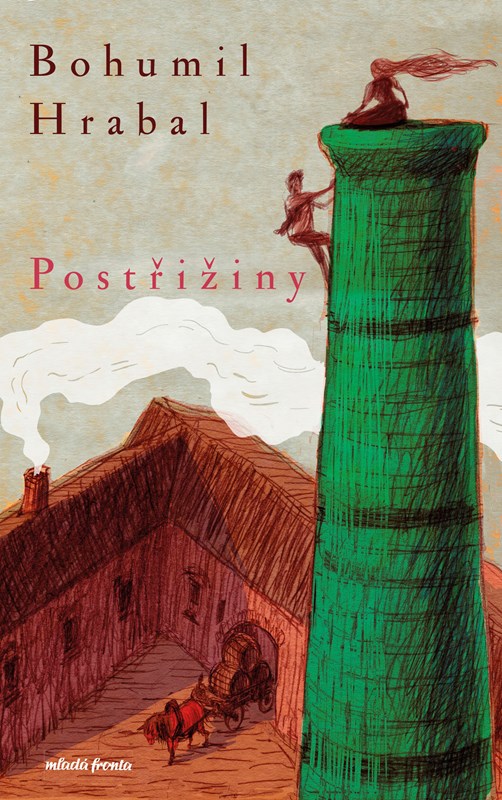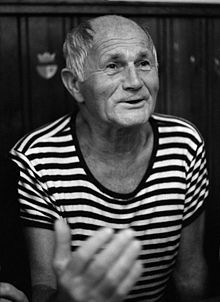What do you think?
Rate this book


128 pages, Paperback
First published January 1, 1974


‘I could feel purple sawdust sizzling out of that light, immaterial sparklets, which entered me and imbued me with fragrance, so that I had the scent of a summer thunderstorm, the air in the room had the scent too, like air after lightning strikes—’